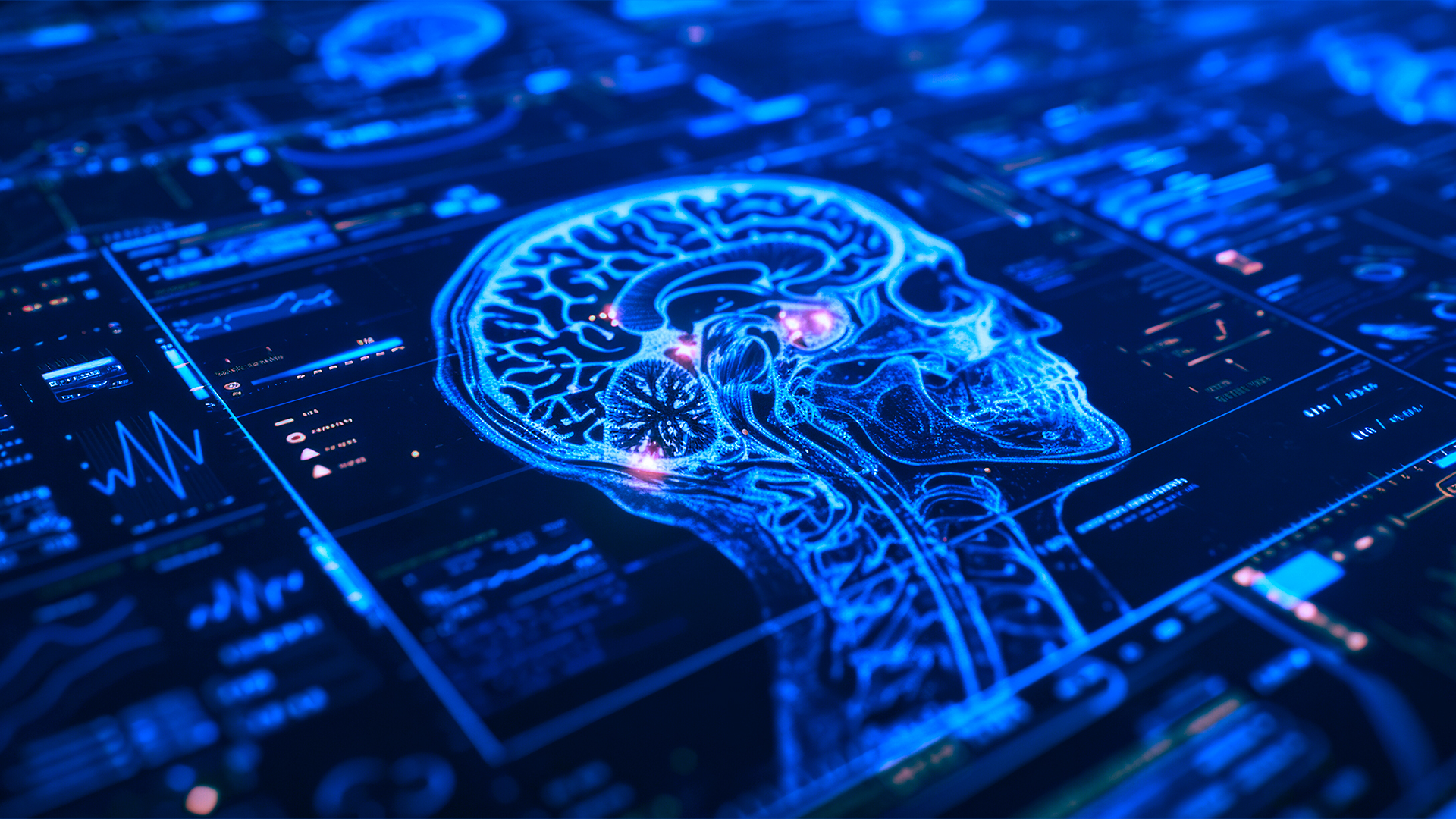TL;DR:
- AI and LLMs are revolutionizing business operations, but security challenges are a major concern.
- Healthcare companies face unique security challenges when integrating AI into their operations.
- Finding the right vendor for specialized AI and LLM security solutions is a primary hurdle.
- Lessons from healthcare show the importance of stringent security measures for sensitive data.
- Collaboration between AI developers, cybersecurity experts and regulatory bodies is crucial for developing targeted security solutions.
As companies increasingly integrate artificial intelligence (AI) and large language models (LLM) into their operations, the focus on securing these applications has never been more critical, especially for industries dealing with sensitive information like healthcare. From software development to customer service and internal processes, AI and LLMs are revolutionizing how businesses operate. However, this rapid deployment also brings to light significant security challenges, particularly in finding a vendor that offers a clear and effective solution for AI and LLM security needs.
Ensuring secure AI applications in healthcare is paramount due to the particular security challenges faced by those companies.
The Growing Demand for AI and LLMs in Business Operations
Businesses across various sectors are harnessing the power of AI and LLMs to enhance efficiency and innovation. In software development, AI tools are used to automate coding, review code for errors and even predict future maintenance needs. Customer service has been transformed by AI through chatbots and automated response systems that provide 24/7 assistance to customers. Internally, AI helps in streamlining operations and making data-driven decisions that were not possible before.
In addition to these advancements, the integration of AI and LLM into critical business functions has opened up new vulnerabilities. Companies are eager to deploy these technologies but are met with the challenge of securing them effectively.
Challenges of Using AI in Healthcare
AI applications present several cybersecurity challenges that need to be addressed to ensure the safety and security of sensitive medical data. Here are five key cybersecurity challenges associated with integrating AI into healthcare companies:
- Data Privacy and Confidentiality: AI systems rely on vast amounts of medical data to learn and make decisions. This data includes highly sensitive patient information, such as medical records, diagnoses, treatment plans and personal details. Protecting this data from unauthorized access, breaches or leaks is critical to maintaining patient privacy and confidentiality. Healthcare companies need to implement robust data encryption, access control mechanisms and privacy-preserving techniques to safeguard patient data.
- AI Algorithms and Bias: AI algorithms are only as good as the data they are trained on. If the training data contains biases or errors, the AI system may inherit and amplify those biases. This can lead to inaccurate diagnoses, unfair treatment decisions and discrimination against certain patient groups. Healthcare companies need to ensure that their AI algorithms are developed using high-quality, unbiased data and conduct thorough testing and validation to minimize the risk of bias.
- Cybersecurity Vulnerabilities in AI Systems: AI systems, like any other software, can contain vulnerabilities that can be exploited by attackers. These vulnerabilities could allow unauthorized users to gain access to sensitive data, manipulate AI predictions or disrupt the functioning of the AI system. Healthcare companies need to conduct regular security assessments of their AI systems, implement secure coding practices and deploy intrusion detection and prevention systems to protect against cyberattacks.
- Insider Threats and Human Error: Healthcare professionals and employees working with AI systems may inadvertently introduce cybersecurity risks. Human errors, such as mishandling of sensitive data, poor password management or falling prey to social engineering attacks, can lead to data breaches or unauthorized access. Healthcare companies need to provide comprehensive cybersecurity training to their employees, enforce strict security policies, and implement continuous monitoring to detect and address insider threats.
- Regulatory Compliance and Data Governance: Healthcare companies are subject to various regulations, such as HIPAA in the United States and GDPR in the European Union, that govern the collection, use and disclosure of patient data. Integrating AI into healthcare operations must comply with these regulations to avoid legal penalties and maintain patient trust. Healthcare companies need to establish clear data governance policies, implement robust data protection measures and ensure that their AI systems are compliant with relevant regulations.
Another Hurdle: Finding the Right Vendor
One of the primary hurdles businesses face is the lack of specialized security solutions tailored for AI and LLM applications. Conversations with vendors often reveal a generic approach to security testing, with assurances like, “Sure, we can test for AI and LLM for you,” but without a dedicated product or service designed to address the unique challenges posed by these technologies.
This gap in the market highlights a need for security solutions that are not only robust but also specifically crafted for AI and LLM environments. The complexity of AI systems, especially those handling sensitive data, requires more than just traditional security measures.
Lessons from Healthcare: Securing AI in Sensitive Environments
The healthcare sector, a pioneer in adopting AI, offers valuable insights into managing AI security. Healthcare organizations use AI for various applications, from patient data management to diagnostic tools and treatment planning. The security measures implemented here are stringent, given the sensitivity of the data involved.
For instance, AI-driven security systems in healthcare are designed to detect and prevent threats while ensuring compliance with strict data protection regulations. These systems are continuously updated to tackle emerging threats and incorporate ethical guidelines and governance frameworks to maintain patient trust and ensure data privacy.
Toward Specialized AI and LLM Security Solutions
Drawing from the healthcare example, it is clear that businesses need to advocate for and invest in specialized security solutions for their AI and LLM applications. A collaborative approach involving AI developers, cybersecurity experts and regulatory bodies could pave the way for the development of these targeted solutions.
Moreover, continuous education and awareness about the potential risks and the importance of security in AI and LLM applications are essential. Securing AI applications in healthcare is critical to mitigate risks and maintain trust in the technology. Businesses must not only focus on leveraging AI for growth but also ensure that these technologies are secure, reliable and trustworthy.
Synack’s AI Offering
The integration of AI and LLMs into business operations is an exciting development, promising unprecedented levels of efficiency and innovation. However, the security of these applications is paramount and currently presents a significant challenge due to the lack of specialized vendor solutions. By learning from sectors like healthcare, businesses can begin to understand the importance of dedicated AI security measures and the need for vendors to develop coherent, effective security solutions specifically for AI and LLM applications.
As the landscape evolves, the collaboration between technology providers and security experts will be crucial in overcoming these challenges and securing the AI-driven future.
Synack offers AI and LLM security testing capabilities powered by our penetration testing as a service (PTaaS) platform and our community of elite security researchers, the Synack Red Team. Unlike traditional pentesting methods, these security researchers have a wide range of skill sets, with many specializing in AI-specific vulnerabilities that pose significant risks to an organization. With high-quality reporting and vulnerability management capabilities that help speed up the remediation process of critical vulns, organizations can rest assured that their applications are hardened and continue with their adoption of AI and LLMs.




